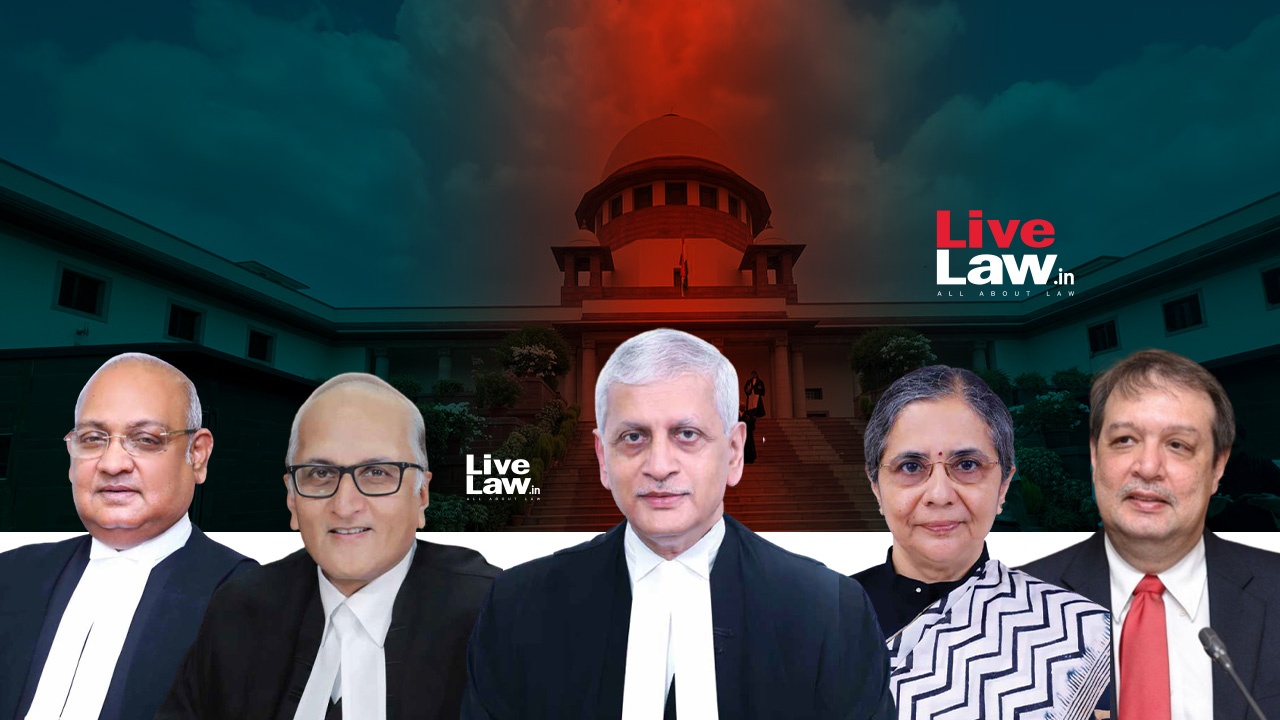
By K Raveendran
Chief Justice of India D Y Chandrachud has added a new dimension to the current debate on caste-based reservation by stressing the need to advance from the accommodative aspect of the reservation policy as it is practised today to one where reservation would be a tool for empowerment.
Justice Chandrachud did not seem to be inhibited a bit by the venue or his audience at the Georgetown University Law Centre, Washington, in acknowledging the ‘pivotal role’ played by the prevailing legal system in ‘perpetuating historical wrongs against marginalised and oppressed communities’. He further pointed out that the legal framework has been frequently ‘weaponised to systemically oppress and marginalise certain communities’.
Throughout history, marginalised social groups have been subjected to ‘horrendous wrongs’ and to address the historical wrongs done to the marginalised groups can only be atoned for by ensuring participation of these sections in decision-making, the CJI asserted. The judiciary itself needs to show a more inclusive approach, he stressed, making a pointed reference to the criticism that the higher judiciary, particularly the apex court, has historically seen little representation for the marginalised societies.
At a time when caste has moved to the centrestage of national political debate, with the opposition parties piling pressure on Modi and the ruling party for a national caste census and the ruling dispensation shying away from even an engagement on the issue, the CJI’s stress on reservation as a means of empowerment goes beyond the traditional approach towards reservation, which is to ensure representation of the vulnerable and oppressed people through quotas.
The CJI’s stand is also at variance with a view that is increasingly gaining ground, including in the judiciary, that the system of quota was designed for a certain period of time and cannot go on for ever because it violates the basic principles of equality before law. In fact, it came as a consolation when a constitutional bench of the Supreme Court upheld by 3-2 majority decision 10% reservation to the economically weaker sections among the upper castes. The court ruled that the constitutional amendment brought to institutionalise the quota did not violate the basic structure of the constitution because the reservation is based on economic criteria and the state has the right to do so. It considered reservation as an instrument of affirmative action to ensure an ‘all-inclusive march towards the goals of an egalitarian society’.
The views are important also in the context of the issue of extension of quota for scheduled castes and tribes in parliament and state legislatures coming before a constitutional bench. The reservation was first provided under Article 334 of the Constitution that stated that the quota would end after 10 years – in 1960. However, since then, the provision has repeatedly been amended to extend the period of reservation by 10 years.
The government has argued that the quota must continue uninterrupted, maybe for another ten years. Since 1980, the quota has been extended through five amendments, with the latest extension of 10 years granted in 2019. The case before the constitution bench now relates to a challenge to this amendment.
Yet another layer of complications has been introduced to the problem as the Modi government has declared its intention to table a new constitutional amendment bill in the Lok Sabha to reserve one-third of seats for women in Parliament and state legislatures. The amendment is also believed to envisage one-third of the total number of seats reserved for SCs and STs to be earmarked for omen of those categories in the Lok Sabha and legislative assemblies.
It is, however, certain that the women’s quota won’t be implemented immediately. The proposal envisages that that the gender quotas will only begin after delimitation has been completed, based on numbers from the first census after the passage of the Act. The census was to be conducted in 2021 but has been delayed indefinitely, so the women’s quota is not likely to become a reality until the 2029 general elections.
As of now, women hold only 15.2 percent of seats in the Lok Sabha and 13.9 percent in the Rajya Sabha. Representation in the state legislatures is even lower. For instance, in the Himachal Pradesh state assembly, only one out of sixty-eight members is a woman. According to one report, globally, the share of women in parliamentary office stands at 26.5 percent. (IPA Service)
The post CJI Takes Reservation Debate To New Level With Call For Empowerment first appeared on Latest India news, analysis and reports on IPA Newspack.


